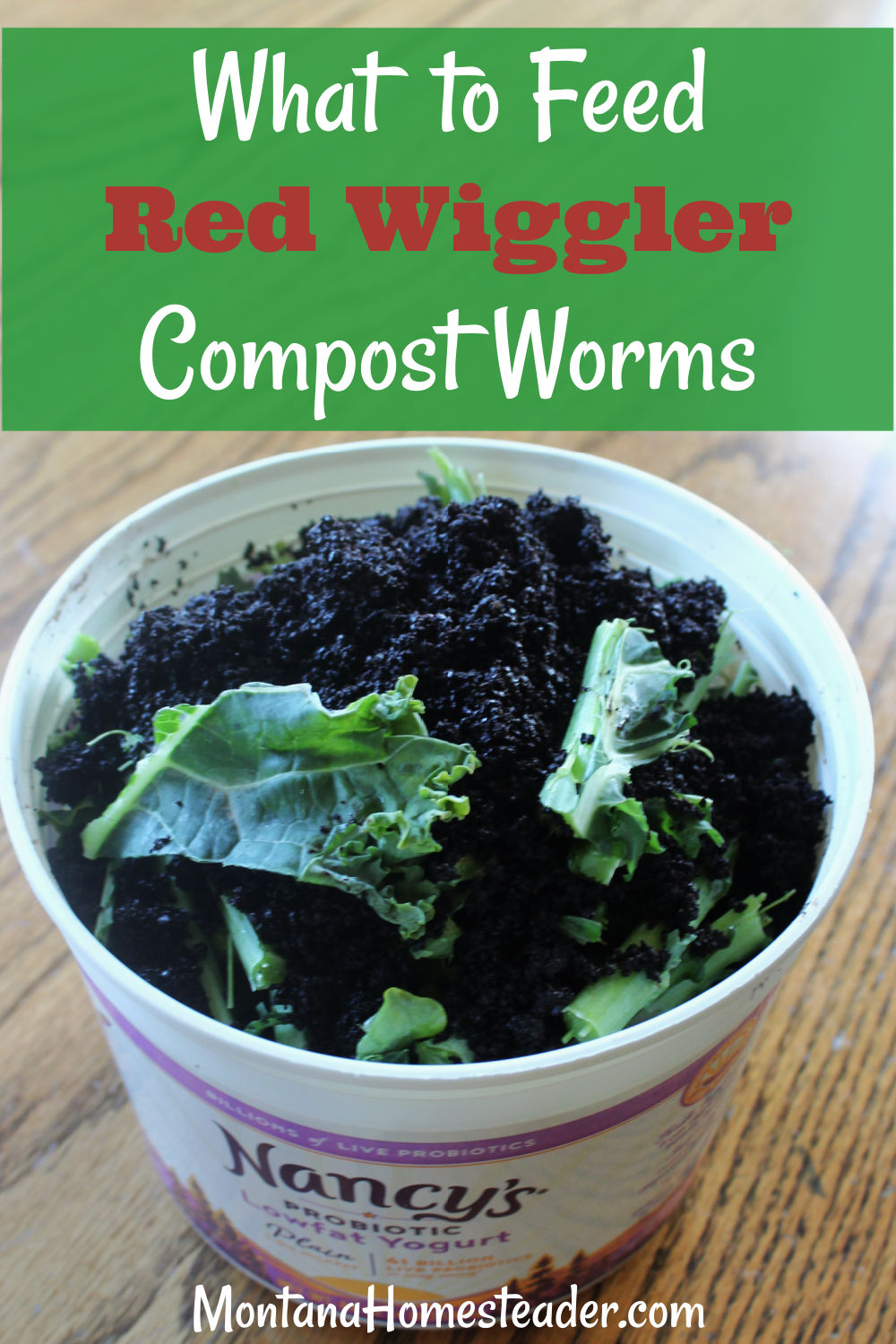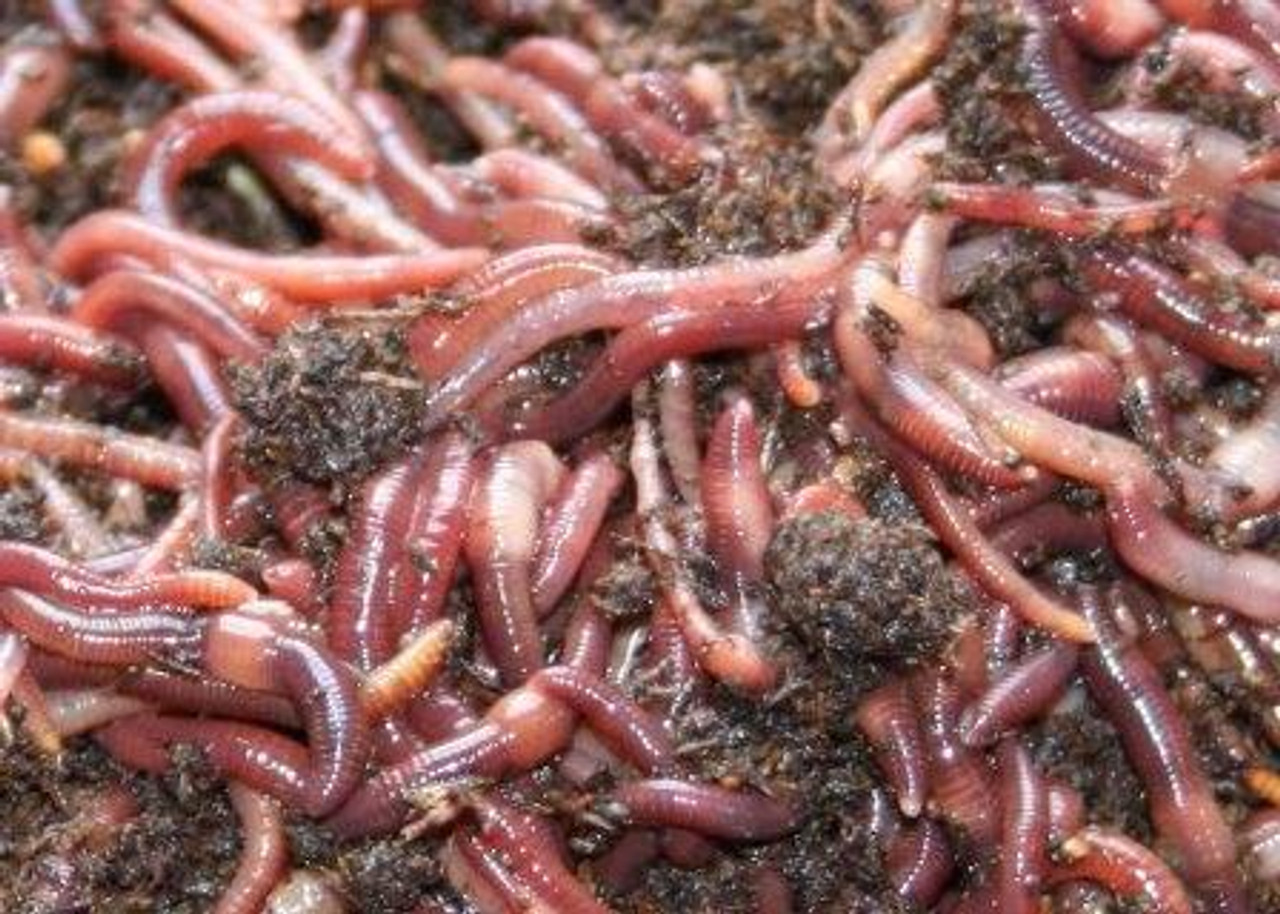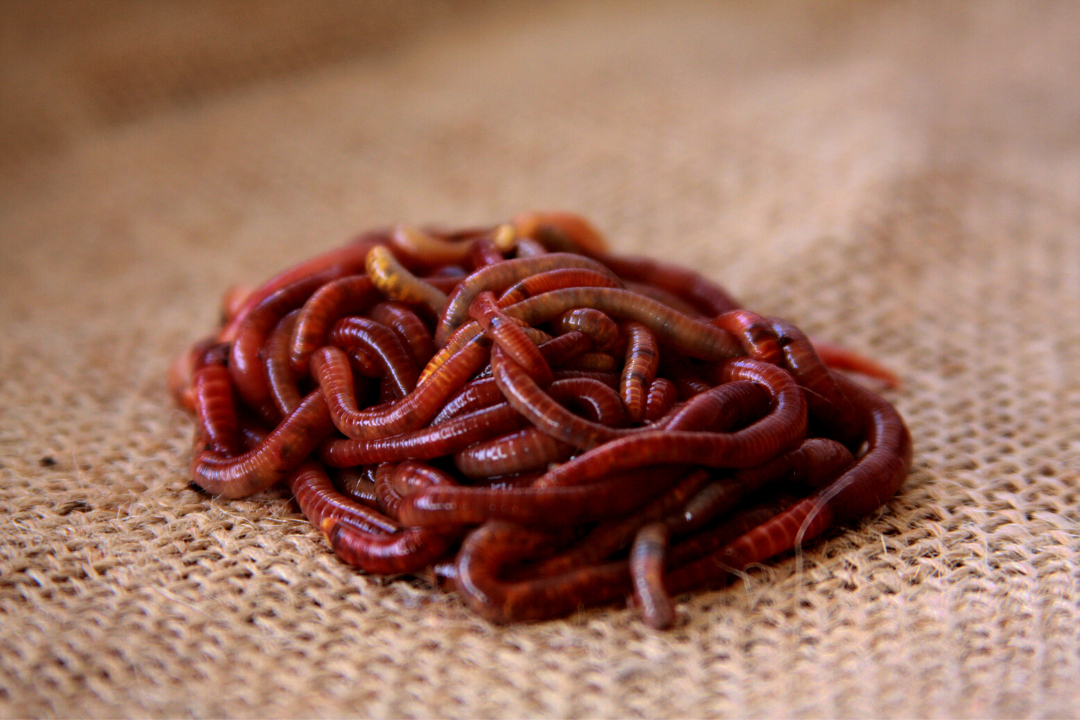Discover the Benefits of Shopping at Red Wiggler Express for Angling Supplies
Discover the Benefits of Shopping at Red Wiggler Express for Angling Supplies
Blog Article
Red Wigglers: The Unsung Heroes of Organic Waste Recycling
Red wigglers, or Eisenia fetida, serve as crucial agents in the natural waste recycling procedure, transforming discarded products into useful vermicompost. As the world significantly seeks services to deal with waste build-up and improve farming productivity, comprehending the duty of these worms comes to be vital.
What Are Red Wigglers?
The impressive durability of red wigglers, clinically referred to as Eisenia fetida, underscores their essential role in organic waste recycling. These small, reddish-brown earthworms are normally located in breaking down raw material, such as garden compost stacks and manure heaps. Lake Hickory Bait. Unlike other earthworm species, red wigglers thrive in nutrient-rich environments and are highly effective at breaking down organic products, making them crucial for vermicomposting

(Lake Rhodhiss Bait)Along with their duty in waste reduction, red wigglers add to soil wellness by enhancing soil framework and oygenation via their delving activities (Lake Hickory Bait). Their existence in composting systems not only enhances decomposition prices but additionally advertises a lasting method to throw away administration, showing their value in ecological preservation efforts
Advantages of Composting With Worms
Composting with worms, particularly red wigglers, uses various benefits that improve both waste administration and dirt wellness. These worms effectively break down natural waste, converting it into nutrient-rich vermicompost that improves soil. This process speeds up decomposition, allowing for a faster recycling of cooking area scraps and other organic products contrasted to typical composting methods.
In addition, the vermicompost created by red wigglers is including beneficial microbes, which aid improve dirt structure, oygenation, and moisture retention. This enhances the general wellness of plants, promoting vigorous growth and boosted yields in gardens and agricultural setups. Moreover, making use of worms in composting reduces the production of greenhouse gases, such as methane, contributing to a more lasting waste management system.

Just How to Begin Vermicomposting
Establishing a vermicomposting system is a straightforward process that can yield considerable benefits for both waste management and dirt enrichment. To begin, choose an ideal container, such as a plastic container or wood box, with ample air flow holes to make sure correct air flow. The dimensions must ideally be about 2 feet by 3 feet, allowing enough room for the worms to prosper.
Following, prepare bed linen material, which can contain shredded paper, cardboard, or coconut coir. This bed linens must be dampened to create an ideal habitat for the worms. As soon as the bed linens is in location, introduce red wigglers (Eisenia fetida) into the container, generally around one extra pound of worms for every square foot of surface.
Complying with the positioning of worms, include natural waste, such as fruit and veggie scraps, coffee grounds, and smashed eggshells. Avoid including milk, meat, or oils, as these can produce odors and bring in pests. Place the bin in a shaded, temperature-controlled area to preserve optimal problems for worm activity. With these steps, you will successfully launch a vermicomposting system that adds to lasting waste administration and enriches your dirt.
Keeping a Healthy Worm Container
(Lake Rhodhiss Bait)Maintaining a worm bin thriving needs normal attention and like guarantee the health and wellness of the red wigglers and the efficiency of the composting procedure. Correct maintenance begins with keeping track of the dampness levels; the container should perspire yet not waterlogged. An excellent regulation of thumb is to keep an uniformity comparable to a wrung-out sponge.
Oygenation is crucial as well. Gently blending the bed linen and food scraps every couple of weeks stops compaction and makes sure that all worms have access to oxygen. Furthermore, it is vital to feed the worms appropriately. A well balanced diet plan of fruit and veggie scraps, coffee premises, and smashed eggshells need to be offered in moderation to stay clear of overfeeding, which can cause smells and parasites.
If the bin ends up being too warm or cold, the worms might end up being stressed out. By vigilantly managing these factors, one can maintain a durable and effective worm bin.
Effect On Sustainable Living
The successful maintenance of a worm container not just benefits the health of red wigglers yet likewise contributes substantially to sustainable living practices. By reusing natural waste, such as cooking area scraps and backyard particles, red wigglers assist divert considerable quantities of material from land fills. This decrease in waste not only lowers greenhouse gas emissions but additionally reduces the environmental worry connected with waste administration.
Furthermore, the spreadings created by red wigglers function as a nutrient-rich natural fertilizer, boosting dirt health and advertising plant growth. This all-natural option to chemical fertilizers sustains sustainable farming and gardening techniques, minimizing reliance on synthetic inputs that can damage ecosystems. Furthermore, worm composting promotes understanding of waste monitoring, encouraging people and communities to adopt even more sustainable behaviors.

Conclusion
In summary, red wigglers serve as crucial factors to natural waste reusing via their reliable decomposition of organic materials. Their ability to produce nutrient-rich vermicompost enhances soil wellness why not try these out and supports sustainable agricultural practices. By incorporating vermicomposting right into waste management techniques, individuals and communities can considerably decrease waste while promoting environmental sustainability. The function of Eisenia fetida in promoting healthy communities highlights the significance of these microorganisms in achieving sustainable living and boosting dirt fertility.
Report this page